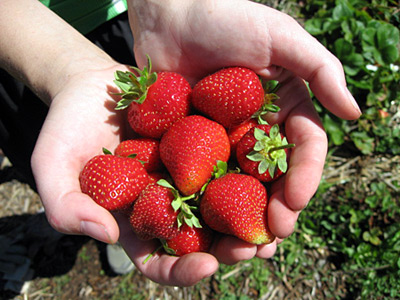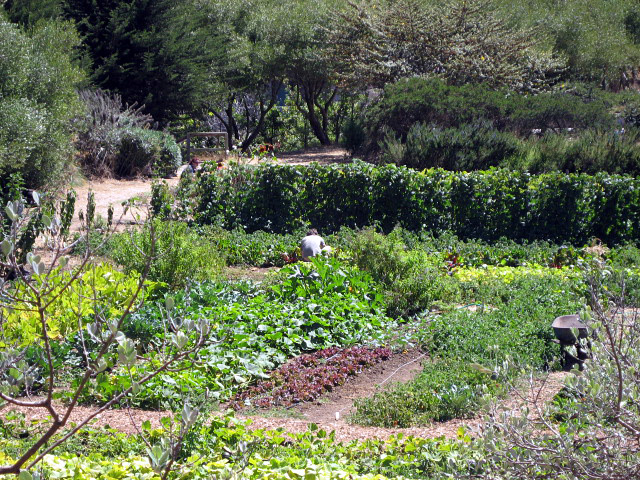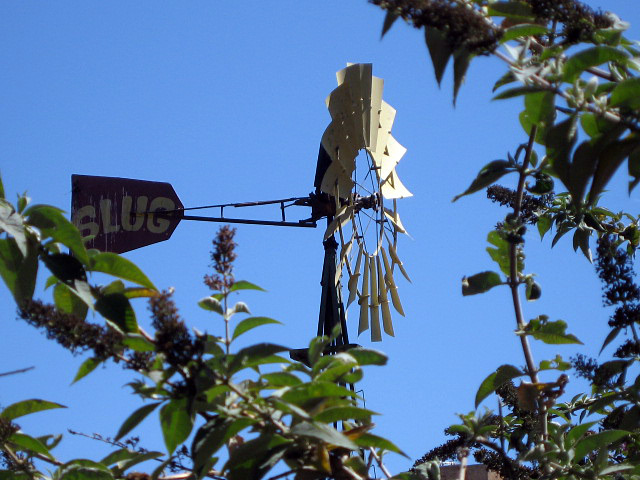 | ||||||||||||
|
|

"I want to work on a farm," I announced to my dad. We were sitting outside with my mom in the drowsy Minnesota heat, working on drippy cones from Sebastian Joe's. Dad made a face at me. Growing up, one of the many jobs he took to put himself through school was working on a Michigan muck farm, and he was having a hard time grasping why I would have any interest in farming. I know Dad feels that he toiled for back-breaking hours so I would never have to. I don't have to, I explained; I want to. I tried to make him understand that after years of cooking, eating, and dining out, I was yearning for something that went beyond instant gratification. I wanted a deeper, more primal connection to what was going so easily into my mouth and stomach. I had a gnawing, physical urge to dig my hands in soil and feel the growing. Living in a city apartment with no garden or even window boxes to speak of, the closest I get to cultivating anything is when I forget about the sour cream in my fridge. This past Sunday, a duo of food bloggers organized a group of even more food bloggers to volunteer at Alemany Farm, a 4.5-acre urban farm in San Francisco.
What exactly is Alemany Farm? Before Sunday, all I knew about this urban wonderland was what I could see of it from the 280. However, now I know that so much more exists beyond the defunct but picturesque SLUG windmill and some mysterious bee hives:
Alemany Farm empowers San Francisco residents to grow their own food, and through that process encourages people to become more engaged with their communities. We grow organic food and green jobs for low-income communities, while sowing the seeds for economic and environmental justice.
Alemany Farm welcomes volunteers of all or no experience levels on the 1st and 3rd Sundays of every month, as well as the Saturdays in between. It's confusing, I know, but just check out their calendar -- it's easier than puzzling it out. We mulched and pulled weeds. We sawed trees and harvested crops. Four laboring hours went by before I even had time to get calloused. And what do we have to show for it? Warm tomatoes, beyond perfect basil, carrots, a monster cucumber, a ring of worthwhile dirt around my tub, and an energy that can't be bought in a can. I can't wait to go back. I want to dig myself into the passing seasons, watch food and people ripen with love and soil, and see how our communal laboring bears fruit. (And vegetables.) To say the experience was "awesome" doesn't even begin to describe it. It was peaceful, yet electrifying. It was dirty and sweaty, yet purifying. And even though part of the reward of working on the farm is bringing bags of food home, I sort of felt like a cheat doing so. After all, I wasn't there to put the seeds in and carefully nurse them through their life cycle, so why should my stomach get to benefit for so minor an involvement? One day I will be there to plant the seeds, watch them grow to delicious fatness, and feel even better about putting them on my plate. | |||||
|
| |||||
|
|
|







